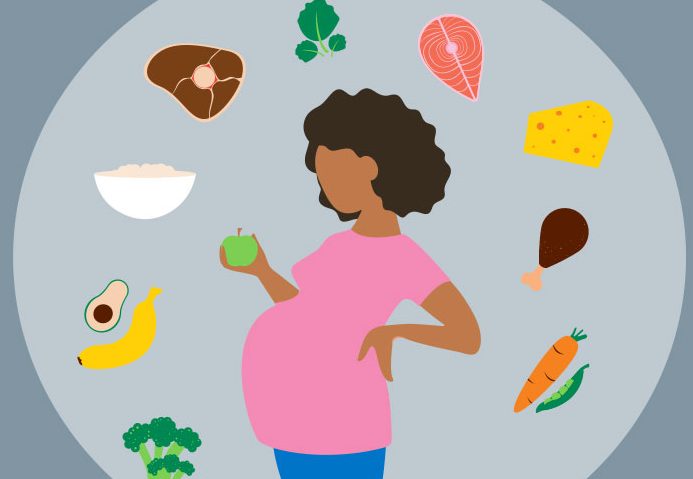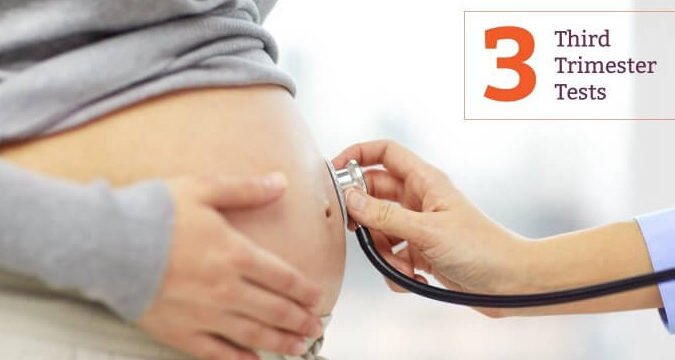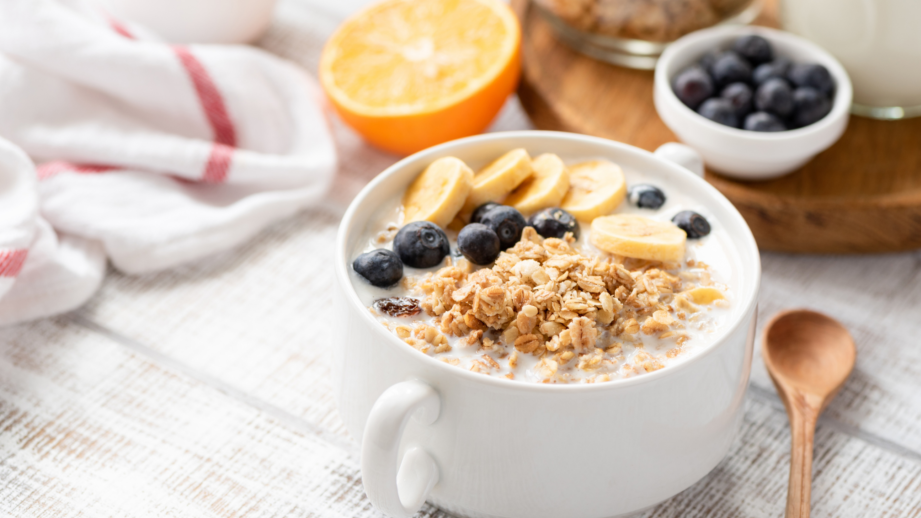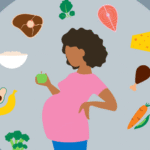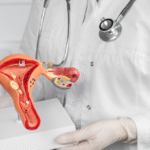Now Reading: Essential Pre-Pregnancy Vitamins Every Woman Should Take
-
01
Essential Pre-Pregnancy Vitamins Every Woman Should Take
Essential Pre-Pregnancy Vitamins Every Woman Should Take
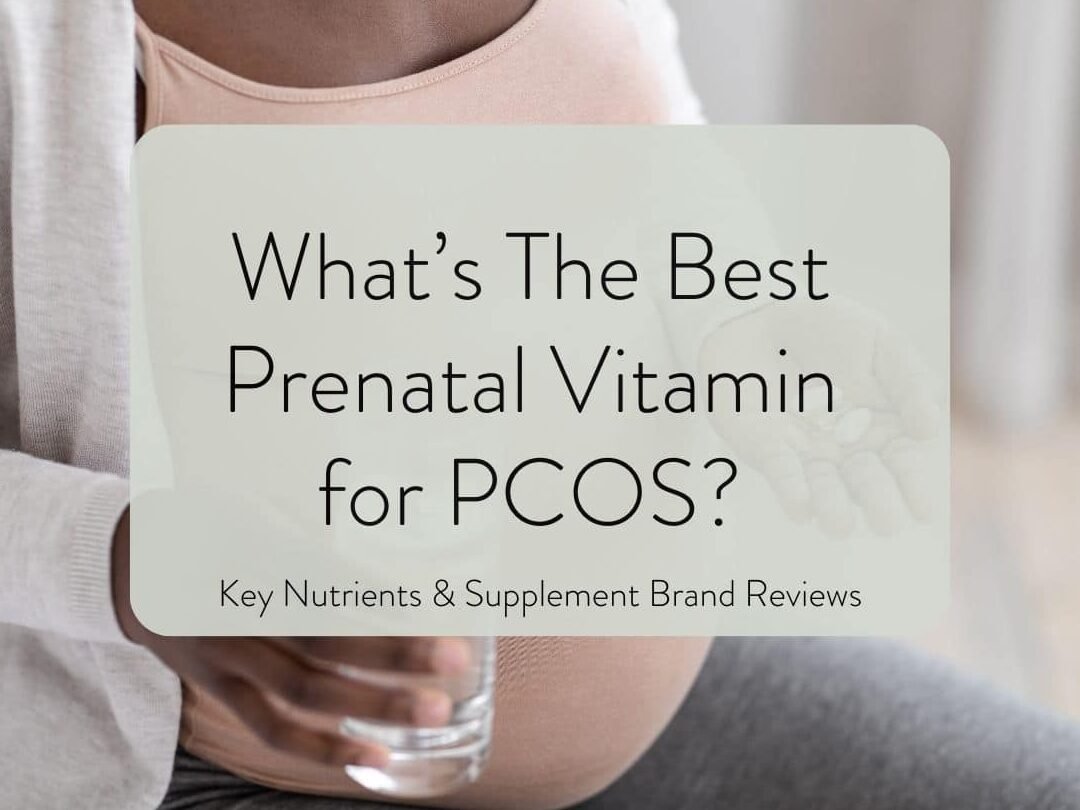
Preparing for pregnancy involves many important steps. One crucial step is taking the right vitamins.
Ensuring your body has all the essential nutrients can support a healthy pregnancy journey. Vitamins play a vital role in preparing your body for the changes to come. They help in building a strong foundation for both mother and baby.
Why are pre-pregnancy vitamins so crucial? They fill nutritional gaps and boost overall health. Proper vitamins aid in fetal development and reduce certain birth risks. They also enhance energy levels and strengthen immunity. Not all vitamins are the same, and some are more important before pregnancy. This guide will explore the key vitamins you should consider. It aims to help you make informed choices for your health and future baby.
Importance Of Pre-pregnancy Nutrition
Preparing for pregnancy is not just about decorating the nursery or picking baby names. It’s about ensuring your body is ready to support a healthy pregnancy. Nutrition plays a vital role in this preparation phase. Essential vitamins and minerals can significantly impact both your fertility and the baby’s development.
But why is this nutrition so crucial? Think of it as setting the stage for a successful pregnancy. You want to give your baby the best start possible, and it begins even before conception.
Benefits For Mother And Baby
Pre-pregnancy vitamins offer numerous benefits for both you and your future child. For mothers, they help maintain energy levels and support overall well-being. Imagine feeling less fatigued and more vibrant during those early months. Vitamins like folic acid are critical in reducing the risk of birth defects, particularly neural tube defects, in your baby.
Your nutritional choices today can impact your child’s health tomorrow. A well-nourished body is more likely to produce a healthy baby. These vitamins also contribute to healthier pregnancy outcomes, such as a reduced risk of complications like preeclampsia.
Role In Fertility And Conception
Have you ever wondered if your diet affects your ability to conceive? The answer is yes. Certain vitamins play a pivotal role in boosting fertility. Vitamin D, for instance, is linked to improved fertility rates. Omega-3 fatty acids are known to support hormonal balance, which can enhance your chances of conception.
Think about how a balanced diet enriched with essential vitamins can increase your fertility. A nutrient-rich diet optimizes your body’s ability to conceive naturally, giving you a better chance at starting your family journey sooner.
Are you giving your body the nutrients it needs to nurture new life? Consider evaluating your diet and supplementing it with essential pre-pregnancy vitamins. Your future self and baby will thank you for the thoughtful preparation.
Key Vitamins For Pre-pregnancy
Preparing for pregnancy is a journey full of anticipation and excitement. One crucial aspect of this preparation involves ensuring your body is in optimal condition to nurture new life. Key vitamins play a significant role in this, providing your body with the essential nutrients it needs. Knowing which vitamins are vital can make a profound difference in your pre-pregnancy health. Let’s dive into some of these essential vitamins, focusing on folic acid and vitamin D.
Folic Acid
Folic acid is a powerhouse vitamin that helps prevent neural tube defects, which affect the baby’s brain and spine. It’s recommended that women take 400 micrograms daily before conception. Have you ever thought about how crucial such a small amount can be?
Including folic acid in your diet is straightforward. You can find it in leafy greens, citrus fruits, and fortified cereals. Consider adding a daily supplement to ensure you’re getting enough. Have you checked your diet for these sources lately?
Vitamin D
Vitamin D is another essential vitamin that supports your immune system and helps your body absorb calcium. This is vital for your bone health and the development of your baby’s bones. Many women are unaware they might be deficient in this vitamin.
Sunlight is a natural source of vitamin D, but if you spend most of your day indoors, a supplement might be necessary. Foods like fatty fish and fortified milk can also boost your intake. Are you getting enough sun or including these foods in your meals?
Ensuring you’re taking the right vitamins can empower you on your pre-pregnancy journey. It’s about preparing both physically and mentally for the life-changing experience of becoming a parent. What steps are you taking today to ensure you’re ready for tomorrow?
Folic Acid: A Critical Nutrient
Folic acid plays a vital role in pre-pregnancy health. This essential B-vitamin supports cell growth and DNA formation. Women planning to conceive must prioritize folic acid intake. Its benefits extend to both mother and developing baby. Proper levels can prevent serious birth defects.
Prevention Of Neural Tube Defects
Folic acid helps prevent neural tube defects (NTDs). NTDs affect the brain and spine development of the baby. Spina bifida and anencephaly are common types of NTDs. They occur early in pregnancy, often before a woman knows she’s pregnant. Sufficient folic acid reduces the risk of these defects significantly.
Recommended Daily Intake
Health experts recommend specific daily amounts of folic acid. Women of childbearing age should consume 400 micrograms daily. Pregnant women need 600 micrograms each day. It’s crucial to start before conception. This ensures protective folic acid levels during early pregnancy.
Vitamin D: Supporting Health
Vitamin D plays a crucial role in a woman’s health before pregnancy. It supports various bodily functions, ensuring a healthy start to motherhood. Many women may not realize its importance in their pre-pregnancy journey.
Bone Health And Immune Support
Vitamin D strengthens bones. It helps the body absorb calcium. Strong bones are vital for both mom and baby. A deficiency can lead to bone problems. It may increase the risk of osteoporosis later in life.
Vitamin D also boosts the immune system. A strong immune system protects against infections. This is important during pregnancy. Women need to maintain good health for their growing baby.
Sources And Supplements
Sunlight is a natural source of Vitamin D. Spending time outdoors helps your body produce it. Foods like fatty fish, eggs, and fortified milk are rich in Vitamin D. Including these in your diet ensures adequate levels.
Sometimes, food and sunlight aren’t enough. Supplements can help bridge the gap. Consult a doctor before taking any. They can recommend the right dosage for you.
Iron: Building A Strong Foundation
Iron is a vital nutrient. It is essential for building a strong foundation during pre-pregnancy. This mineral plays a crucial role in forming red blood cells. It helps carry oxygen throughout the body, supporting energy levels. A sufficient iron intake can aid healthy fetal development. Preparing your body with adequate iron levels is key. It ensures your body is ready for the demands of pregnancy. Let’s delve into the benefits and tips for iron intake.
Combatting Anemia
Anemia is common in women of childbearing age. Low iron levels can lead to fatigue and weakness. Iron helps prevent anemia by boosting hemoglobin production. Hemoglobin is necessary for transporting oxygen in the blood. Maintaining healthy iron levels reduces the risk of pregnancy complications. It promotes overall well-being and energy.
Absorption Tips
Iron absorption can vary based on dietary choices. Eating foods rich in vitamin C enhances iron absorption. Citrus fruits, strawberries, and bell peppers are good options. Pairing iron-rich foods with vitamin C sources is beneficial. Avoid consuming calcium-rich foods or tea with iron supplements. They can hinder iron absorption. A balanced diet supports better nutrient uptake. Prioritize whole grains, lean meats, and leafy greens for optimal iron intake.
Calcium: Essential For Bone Health
Calcium plays a crucial role in ensuring strong bones and teeth. Women planning pregnancy need adequate calcium for their body and baby. This mineral supports nerve function and muscle contraction. It also helps in blood clotting. Without enough calcium, women may face bone density loss. Ensuring sufficient intake is vital.
Daily Requirements
The daily calcium requirement for women is about 1,000 milligrams. Pregnant women need the same amount. This ensures their bones remain strong. During pregnancy, calcium supports the baby’s bone development. Consistent intake is important. A healthcare provider can offer guidance.
Dietary Sources
Dairy products are rich in calcium. Milk, cheese, and yogurt are excellent choices. Leafy greens like kale and broccoli also contain calcium. Fortified foods can provide additional calcium. Some cereals and orange juice are fortified. Almonds and tofu are good plant-based sources. A balanced diet can meet daily needs. Supplements are an option for some women.
Omega-3 Fatty Acids: Brain Development
Omega-3 fatty acids are crucial for brain development. They play a significant role during pregnancy. These fats support the baby’s brain growth. They also enhance cognitive functions. A healthy brain starts early. Ensuring omega-3 intake is essential for expecting mothers. It benefits both the mother and child.
Types Of Omega-3s
There are three main types of omega-3s. ALA, EPA, and DHA. ALA comes from plant sources. EPA and DHA are found in marine sources. DHA is vital for brain development. EPA supports heart health. It also reduces inflammation. A balanced intake of these is important.
Food Sources And Supplements
Omega-3s are found in various foods. Fatty fish is an excellent source. Salmon, mackerel, and sardines are rich in omega-3s. Walnuts and flaxseeds provide ALA. Chia seeds are another plant-based option. Some people prefer supplements. Fish oil capsules are common. Algal oil is a vegan alternative. Always consult a doctor before starting supplements.
Vitamin B12: Energy And Nervous System
Vitamin B12 plays a crucial role in women’s health before pregnancy. It boosts energy levels, which is vital for daily activities. B12 also supports the nervous system. This vitamin helps maintain healthy nerve cells, ensuring efficient brain function. Without enough B12, women may feel tired and weak.
Supporting Red Blood Cells
Vitamin B12 is essential for red blood cell production. Healthy red blood cells carry oxygen throughout the body. This process is vital for both mother and baby. Without enough B12, anemia may occur. Anemia can cause fatigue and weakness, affecting daily life. Ensuring adequate B12 intake is crucial for overall health.
Sources For Vegetarians And Vegans
Vegetarians and vegans need to find B12 sources carefully. Plant-based diets often lack natural B12. Fortified foods are a good option. Look for cereals, plant milks, and nutritional yeast. B12 supplements are also available. These can help meet daily B12 needs. Regular B12 intake supports energy and health.
Consulting Healthcare Providers
Consulting healthcare providers ensures women take essential pre-pregnancy vitamins. These vitamins support health and fetal development. Vital nutrients include folic acid, iron, and calcium.
Before you embark on the beautiful journey of pregnancy, one of the most crucial steps is consulting your healthcare provider. This step ensures that you are taking the right pre-pregnancy vitamins tailored to your unique needs. With their expertise, you can navigate the wide array of supplements available and ensure you’re giving your future baby the best start possible.
Personalized Supplement Plans
Every woman’s body is different, and so are their nutritional needs. Your healthcare provider can help create a personalized supplement plan that fits your specific health profile. They consider factors like your diet, lifestyle, and any pre-existing health conditions to recommend the exact vitamins your body needs.
A friend of mine discovered she needed extra folic acid due to a family history of neural tube defects. Her doctor created a supplement plan to address this, and she felt much more confident and prepared. Have you ever wondered if your unique health history might require a special supplement plan?
Regular Check-ups
Regular check-ups with your healthcare provider are vital in the pre-pregnancy phase. These appointments allow for ongoing monitoring and adjustments to your vitamin intake as needed.
For instance, your iron levels might fluctuate, requiring different dosages at different times. By staying in touch with your healthcare provider, you can ensure that your supplement plan remains effective and up-to-date.
Have you scheduled your next check-up to discuss your pre-pregnancy health and vitamin needs? Regular visits not only provide peace of mind but also ensure you’re on the right track for a healthy pregnancy.
Consulting with healthcare providers might seem like an extra step, but it’s a crucial one. With personalized supplement plans and regular check-ups, you can confidently approach pregnancy, knowing you’re doing what’s best for you and your future child.
Frequently Asked Questions
What Are The Most Important Vitamins Before Pregnancy?
Key vitamins before pregnancy include folic acid, vitamin D, iron, calcium, and vitamin B12. Folic acid helps prevent neural tube defects. Vitamin D supports bone health. Iron boosts red blood cell production. Calcium strengthens bones and teeth. Vitamin B12 aids in nerve and blood cell function.
What Is The Best Pre-pregnancy Supplement?
Prenatal vitamins with folic acid, iron, and DHA are ideal for pre-pregnancy. Consult a healthcare provider for personalized advice.
Should Everyone Take Prenatal Vitamins?
Not everyone needs prenatal vitamins. They are essential for pregnant women or those planning pregnancy. Consult a healthcare provider to determine if they’re necessary for you. Nutritional needs vary, so personalized advice is best. Prenatal vitamins support fetal development and maternal health during pregnancy.
Which Are The Best Prenatal Vitamins?
Prenatal vitamins like folic acid, iron, calcium, and DHA support pregnancy health. Brands like Nature Made, Garden of Life, and Thorne are popular. Consult your doctor for personalized advice.
Conclusion
Taking the right vitamins boosts your health before pregnancy. These nutrients prepare your body for changes. Folic acid is crucial for baby development. Iron supports your energy and helps blood health. Calcium strengthens your bones and teeth. Essential vitamins create a strong foundation.
They guide your journey to motherhood. Consult your doctor for advice. A healthy start benefits you and your baby. Prioritize your well-being with these vitamins. Simple choices make a big difference. Prepare wisely for this special journey. Your body deserves the best care.
Embrace this exciting chapter with confidence.







